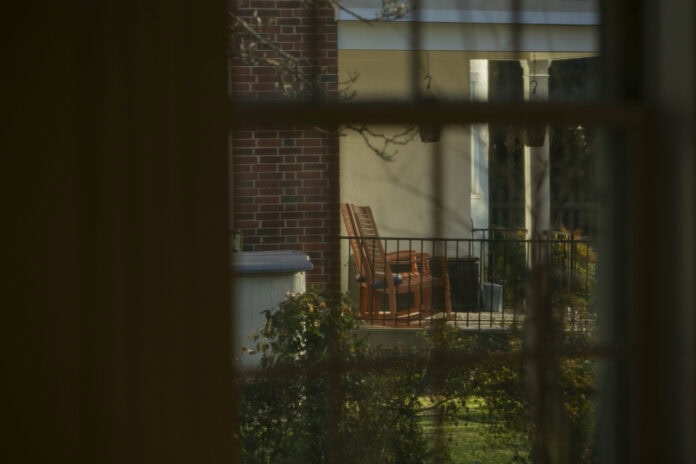Shabbat starts at 7:19.
It is 7:18, and Harry can’t find his socks. Max has just gotten home from baseball, bats dangling dangerously from the side of his backpack. Our faces are crusty with mud, shoes speckled with a stubborn layer of dust; it is 7:18.
A familiar blanket of chaos envelopes the house. We are a family of five in a constant state of commotion every evening but even more so on Fridays. We ask when Papa will be done working, what the plan is for tomorrow, do we have grape juice, did Mama make challah. We race up the house to look for a missing meat serving spoon, and run back down because we forgot the salt. It is 7:18, and the chaos hums a deceptively soft melody that grows with each flashing second.
As I’m putting my cell phone away, Mama’s jolts with a ping; on the screen appears a name from another lifetime. And it is the kind of moment where it occurs to you that you never thought all of these small details—the sun setting through the opaque blinds, ropa vieja sizzling on the stove, a dark green Hastings jersey lying in the hamper—would surround you as this text stumbled into your inbox.
It’s from my brother’s friend’s mom. My niece is in the hospital in WestChester, it says. (She spells Westchester with a capital C, like WestChester, like an Irish last name: McDonough, O’Sullivan, WestChester.) She has nowhere to sleep tonight—would you happen to know of anyone she can stay with for Shabbat, it reads. Mama scrambles to respond, conjuring up a list of colleagues and cousins, neighbors and local shuls.
She needs something tonight, the text pleads desperately. Tonight.
And so my mom drives her blue Subaru down the Saw Mill River Parkway, the sun setting behind her as pinks and oranges graze the darkening sky. 7:19 has come and gone, and so has 7:30, and then 8:00 rolls around, 8:15, 8:30.
The candles are on their last wick when my brother’s friend’s mom’s sister jostles the door open. Dazed, she smiles exhaustedly. House key still in hand, her bundle of tote bags narrowly misses the overflowing shoe rack. We learn her name, this woman who wraps her hair in a scarf the dark red color of our favorite futon. We sip steaming cups of peppermint tea out of childhood mugs, me in my heart-covered pajama shorts, she in her high neckline that extends over her collarbone.
It occurs to me that under no other circumstance would we ever have a reason to interact, let alone sit down and share a meal, talk about her five kids and their favorite dinner foods. She lives in a vastly different world, one where women sit on the other side of the mechitza and long, dark-colored skirts hang loosely at her side. Maybe I am not Jewish enough, and maybe religion is all a fake anyway, but it was enough to bring us together and give her a home for the night.
In this piece, Natalie references several Jewish customs and traditions:
- Shabbat begins at sundown on Friday night and ends at sundown on Saturday night. Shabbat is traditionally welcomed with candles, family dinner, a blessing over grape juice or wine, and challah bread.
- Most Orthodox Jews avoid working, using any electronics, or driving on Shabbat.
- Some Orthodox Jewish women follow certain rules of modesty, including wearing knee-length skirts, elbow-length sleeves, and shirts over the collarbone. They also cover their hair once they are married.
- A mechitza is a partition used to separate men and women during Orthodox prayer services.
Join the conversation!





